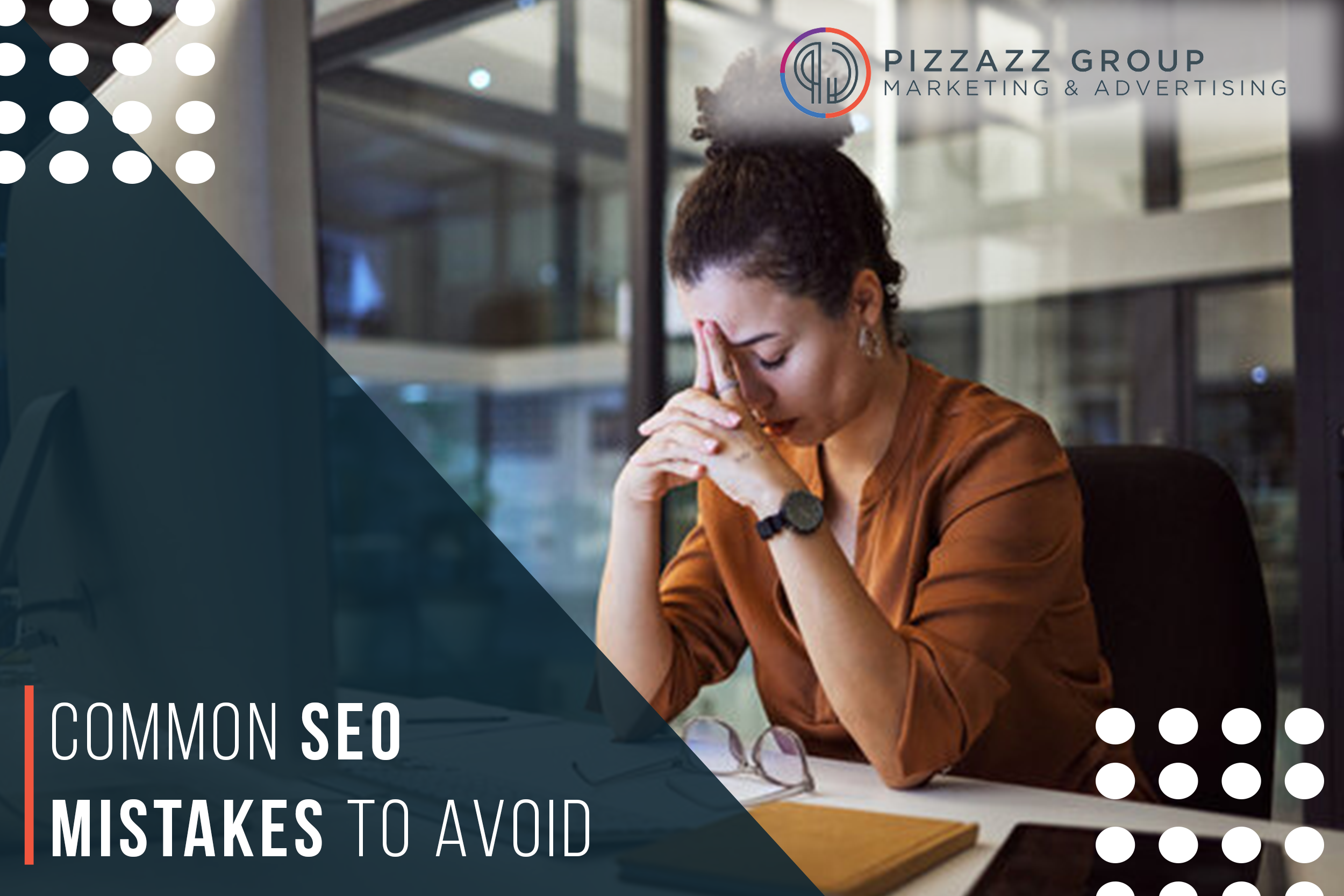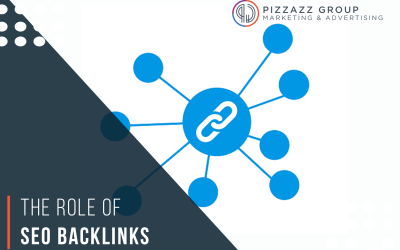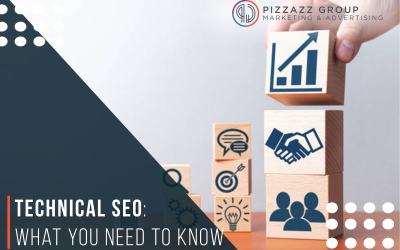
SEO is complex and constantly evolving, making it easy to fall into common pitfalls. Understanding these common SEO mistakes and knowing how to avoid them can significantly impact your website’s performance and rankings. In this blog, we will explore some of the most frequent SEO errors and provide actionable advice to help you steer clear of them.
1. Neglecting Keyword Research
SEO Mistakes:
Many website owners either skip keyword research altogether or rely on outdated keywords that no longer reflect current search trends.
Why It’s A Problem:
Solution:
• Use Tools: Leverage keyword research tools like Google Keyword Planner, Ahrefs, SEMrush, or Moz to find relevant and high-volume keywords.
• Analyze Competitors: Study your competitors’ keywords and identify gaps or opportunities they may have missed.
• Focus on Long-Tail Keywords: Target long-tail keywords that are less competitive and more specific to your niche.
SEO is complex and constantly evolving, making it easy to fall into common pitfalls. Understanding these common SEO mistakes and knowing how to avoid them can significantly impact your website’s performance and rankings. In this blog, we will explore some of the most frequent SEO errors and provide actionable advice to help you steer clear of them.
1. Neglecting Keyword Research
SEO Mistakes:
Many website owners either skip keyword research altogether or rely on outdated keywords that no longer reflect current search trends.

Why It’s A Problem:
Solution:
• Use Tools: Leverage keyword research tools like Google Keyword Planner, Ahrefs, SEMrush, or Moz to find relevant and high-volume keywords.
• Analyze Competitors: Study your competitors’ keywords and identify gaps or opportunities they may have missed.
• Focus on Long-Tail Keywords: Target long-tail keywords that are less competitive and more specific to your niche.
2. Overlooking Mobile Optimization
SEO Mistakes:
Why It’s A Problem:
Solution:
• Responsive Design: Ensure your website uses a responsive design that adapts to various screen sizes.
• Mobile Usability: Use tools like Google’s Mobile-Friendly Test to check and improve mobile usability.
• Page Speed: Optimize your site’s loading speed on mobile devices by compressing images, minimizing code, and leveraging browser caching.
3. Ignoring Local SEO
SEO Mistakes:
Local businesses often neglect local SEO, which is crucial for attracting nearby customers.
Why It’s A Problem:
Solution:
• Google My Business: Create and optimize your Google My Business listing with accurate and up-to-date information.
• Local Keywords: Use location-specific keywords in your content, meta tags, and headers.
• Local Citations: Ensure your business information is consistent across local directories and review sites.
5. Ignoring On-Page SEO
SEO Mistakes:
Why It’s A Problem:
Solution:
• Title Tags and Meta Descriptions: Craft unique, descriptive, and keyword-rich title tags and meta descriptions for each page.
• Header Tags: Use header tags (H1, H2, H3) to structure your content and include relevant keywords.
• Image Optimization: Add descriptive alt texts to images and compress them for faster loading times.
6. Poor Internal Linking
SEO Mistakes:
Why It’s A Problem:
Solution:
• Relevant Links: Link to relevant and related content within your website to provide additional value to readers.
• Anchor Text: Use descriptive and keyword-rich anchor text for internal links.
• Sitemap: Ensure your XML sitemap is updated and submitted to search engines for better indexing.
7. Not Utilizing Analytics and Data
SEO Mistakes:
Why It’s A Problem:
Solution:
• Google Analytics and Search Console: Regularly monitor your website’s performance using Google Analytics and Google Search Console.
• Track Key Metrics: Focus on metrics like organic traffic, bounce rate, conversion rate, and keyword rankings.
• Adjust Strategies: Use data insights to refine and adjust your SEO strategies for better results.
8. Overusing or Misusing Keywords
SEO Mistakes:
Why It’s A Problem:
Solution:
• Natural Integration: Incorporate keywords naturally within your content, ensuring it flows well for readers.
• LSI Keywords: Use Latent Semantic Indexing (LSI) keywords, which are semantically related to your primary keywords, to diversify your content.
9. Ignoring Technical SEO
SEO Mistakes:
Why It’s A Problem:
Solution:
• Site Audits: Regularly conduct technical SEO audits using tools like Screaming Frog, Ahrefs, or SEMrush.
• Fix Errors: Address crawl errors, broken links, and duplicate content issues promptly.
• Structured Data: Implement structured data (schema markup) to enhance search engine understanding and visibility.
10. Not Building Quality Backlinks
SEO Mistakes:
Why It’s A Problem:
Solution:
• Guest Blogging: Contribute high-quality content to reputable sites in your industry.
• Content Marketing: Create valuable and shareable content that naturally attracts backlinks.
• Outreach: Build relationships with influencers, bloggers, and industry leaders to earn quality backlinks.
11. Lack of a Long-Term SEO Strategy
SEO Mistakes:
Why It’s A Problem:
Solution:
• Set Clear Goals: Define clear, measurable, and realistic SEO goals.
• Comprehensive Plan: Develop a comprehensive SEO plan that includes technical SEO, content strategy, link building, and ongoing optimization.
• Regular Updates: Stay informed about the latest SEO trends and algorithm updates, and adjust your strategy accordingly
Conclusion
Avoiding common SEO mistakes is crucial for enhancing your website’s performance and achieving long-term success. By focusing on proper keyword research, mobile optimization, local SEO, high-quality content, on-page SEO, internal linking, data analysis, natural keyword usage, technical SEO, quality backlinks, and a long-term strategy, you can significantly improve your site’s visibility, rankings, and traffic. Regularly audit your SEO practices, stay updated with the latest trends, and continuously refine your strategy to stay ahead in the competitive world of SEO.
For more information on SEO, contact Pizzazz Group at customer@pizzazzgroup.com or by calling (614) 350-1681.
Related SEO Blogs
Best Practices To Boost Your SEO Ranking
Achieving and maintaining a high search engine ranking is the name of the game for online success. Effective Search Engine Optimization (SEO) can drive organic traffic, improve visibility, and enhance the credibility of your website. This comprehensive guide outlines...
The Role of SEO Backlinks
Backlinks are often touted as one of the most crucial elements for boosting a website's search engine ranking. Understanding the role of SEO backlinks can be a game-changer for anyone looking to enhance their online presence. This blog gives an introduction to...
Technical SEO: What You Need to Know
Technical SEO encompasses all the optimizations made to a website and its server that help search engine spiders crawl and index your site more effectively. Technical SEO is crucial because no matter how great your content is, if search engines can't access your site,...





